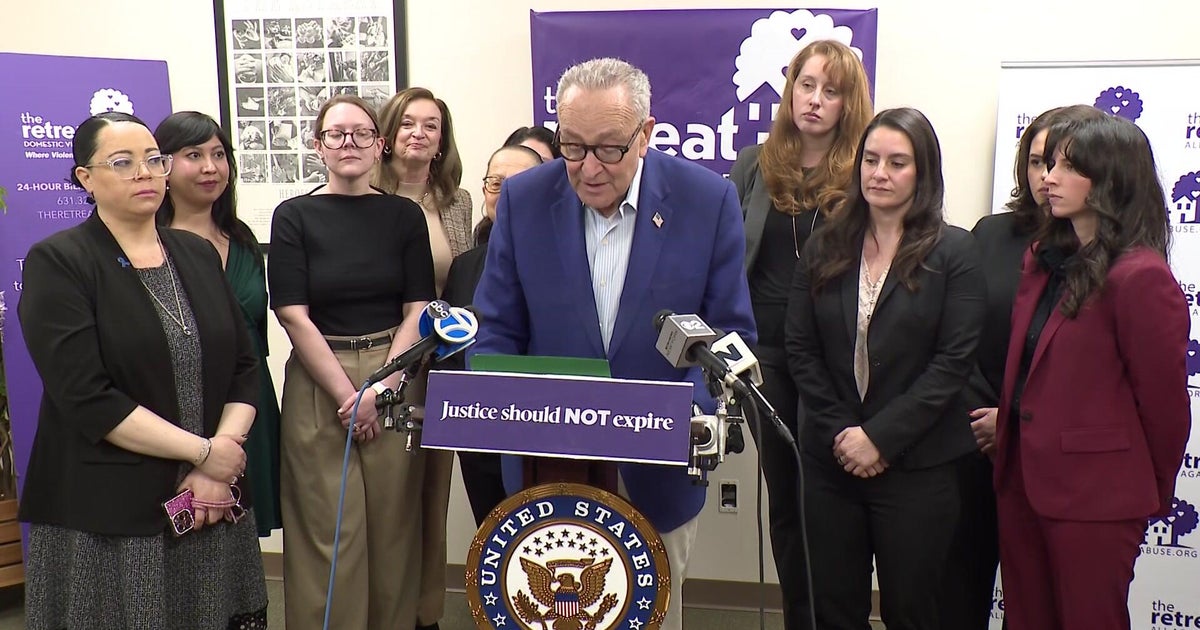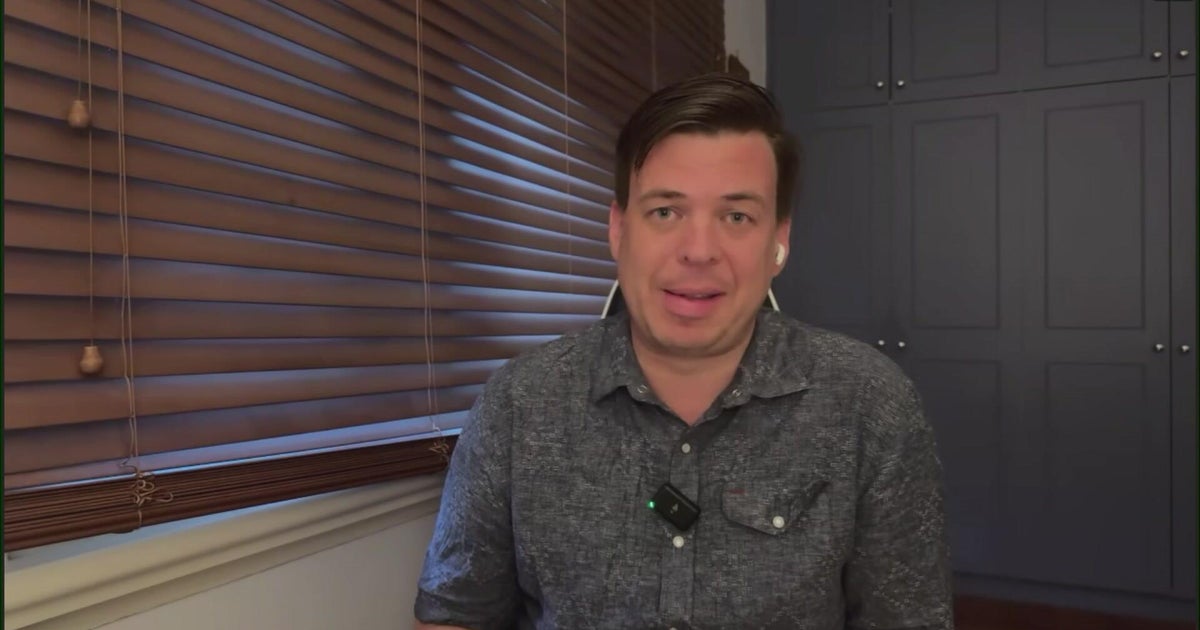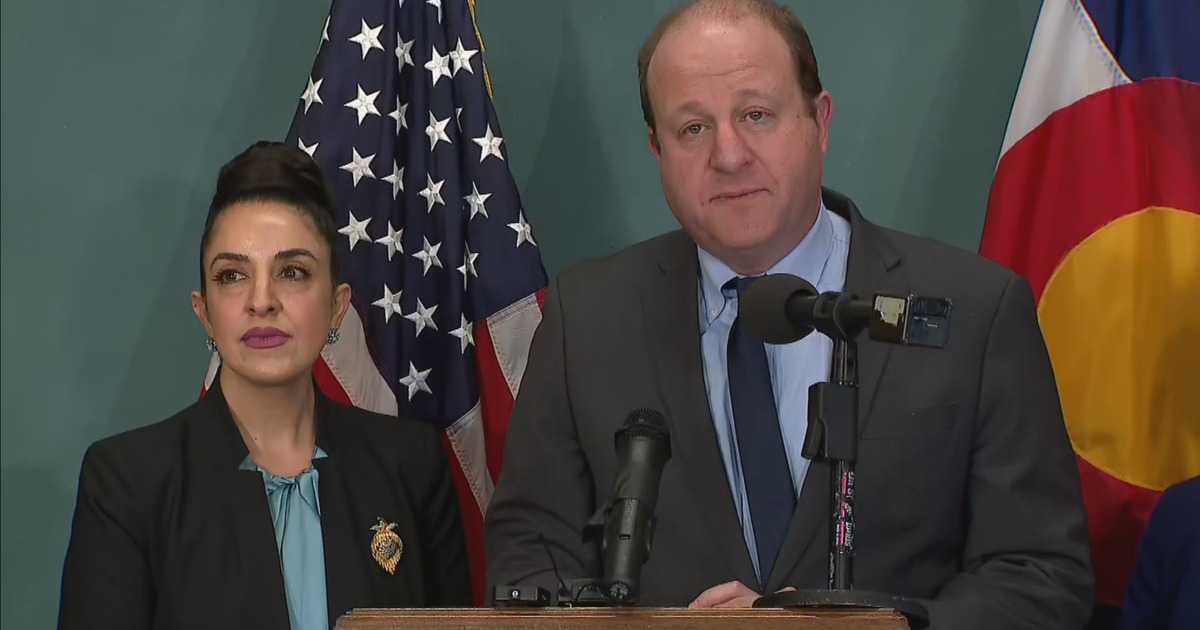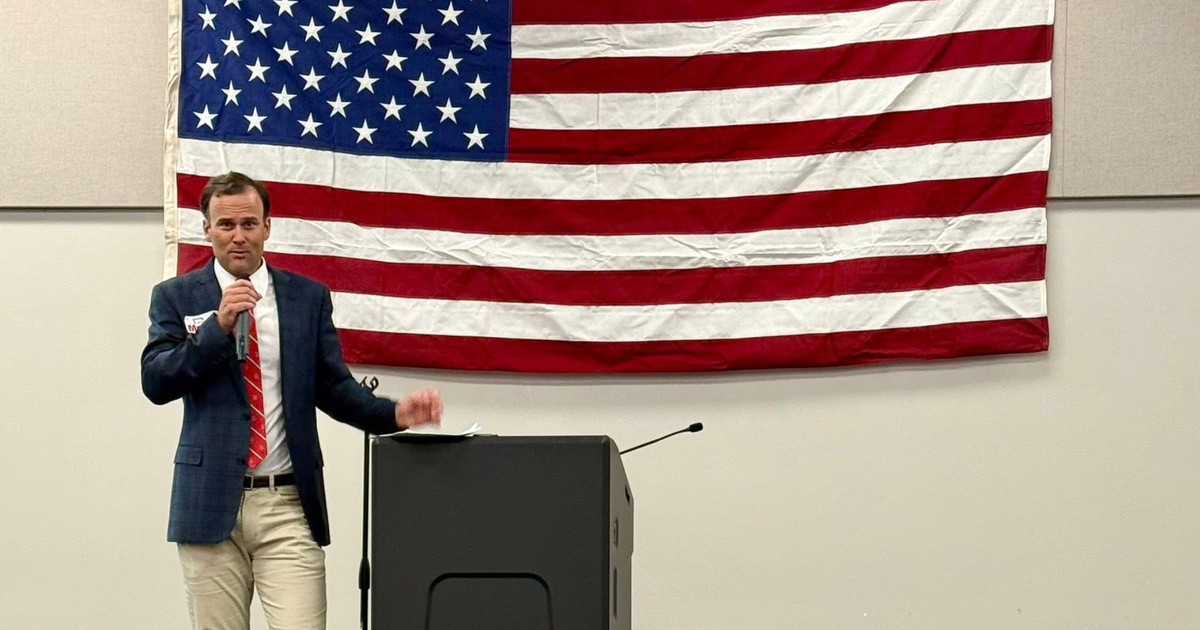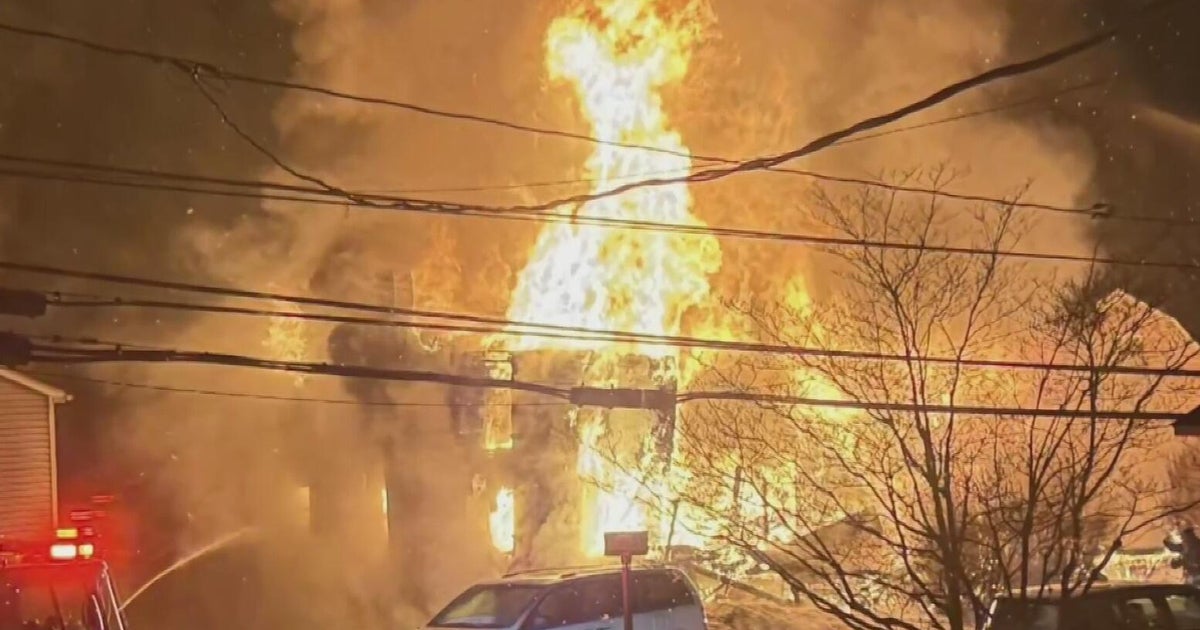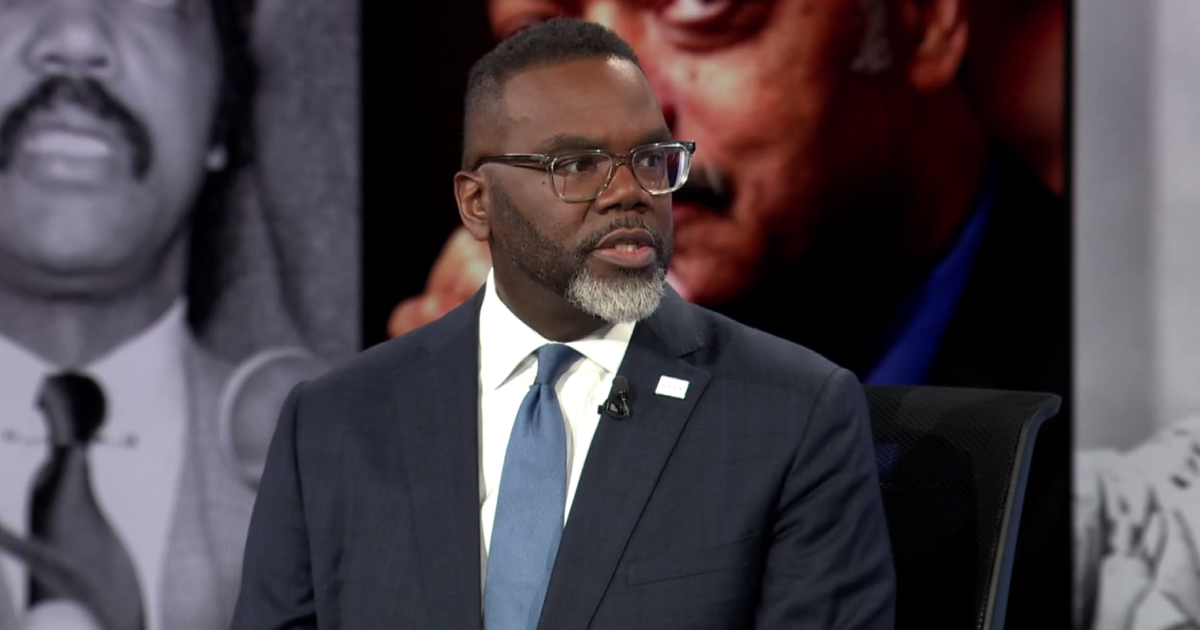U.S. Sen. Dick Durbin leads Senate Judiciary Committee hearing on gun violence crisis
CHICAGO (CBS) -- Members of the Senate Judiciary Committee held a hearing Tuesday to discuss ways to tackle the gun violence epidemic gripping the nation.
U.S. Sen. Dick Durbin (D-Illinois) led the meeting, and cited data showing 48,000 people were killed by firearms in the United States last year.
"Chicago faces the same challenges as many other cities and towns. In fact, many rural areas have even higher rates of gun violence than the urban areas that are often highlighted on the news. Across the country, gun violence is a public health epidemic, plain and simple," Durbin said.
Durbin said guns are too readily available and urged fellow lawmakers on Capitol Hill to pass gun safety legislation, such as universal background checks and raising the minimum age for gun purchases.
U.S. Sen John Cornyn (R-Texas) attributed gun violence to different causes, saying there is a nationwide mental health crisis, and blaming liberal and progressive crime policies.
"Again, when we talk about the gun violence epidemic, it seems as though a substantial part of that debate is our current crime problem, which is spiked due to the left's soft on crime policies and the defund the police movement," he said.
Among the witnesses to testify in front of the committee were medical doctors, advocates and a deputy attorney general. There were also a number of doctors in the gallery who said they've seen the damage gun violence can do to the body and the trauma it can cause to communities.
Dr. Megan Ranney, dean of the Yale School of Public Health, said guns are now the leading cause of death among American children and teenagers. She said the total number of gun deaths in America is the highest on record, and the rate of gun deaths is near its peak.
"These dismal statistics aside, as an ER doc and public health dean, I have confidence we can turn the tide. Four things are needed to help us apply this public health approach successfully. Improved data, improved research funding, improved training of healthcare and public health professionals and community members to help us recognize and act on risk, and most of all, improved collaboration with the most affected communities, whether rural or urban," she said. "Help our country have hope by demonstrating collaborative action as you have done before. We are turning into a nation of traumatized survivors."
